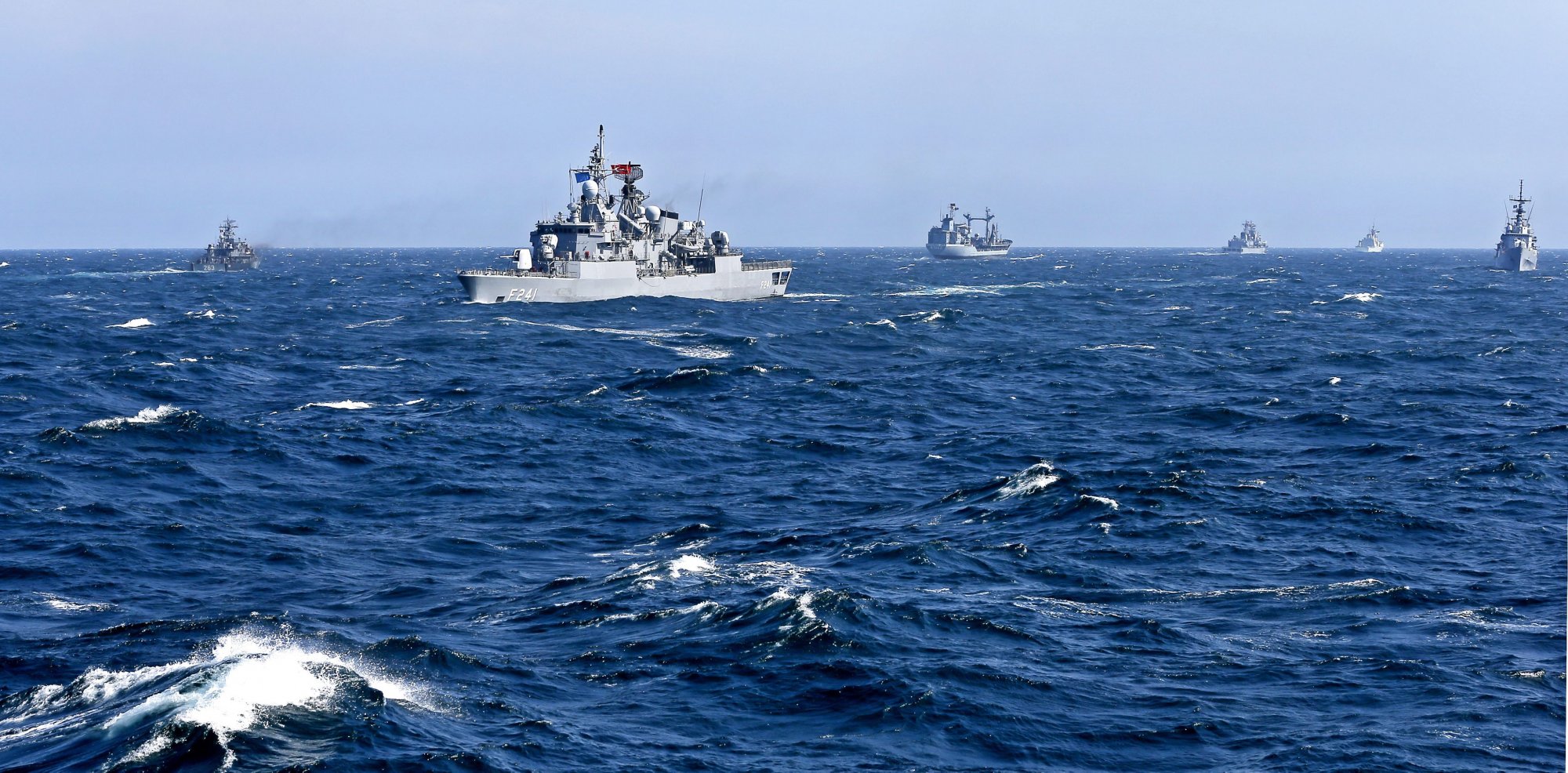After several months into a “thaw” of bilateral relations, during which Greek and Turkish leaderships held a round of high-level talks, Ankara appears to have revisited its “deep state” policy of clamoring for the demilitarized of various Greek islands in the Aegean.
Specifically, a Turkish state entity in Izmir issued a Navtex notification on Tuesday (Feb. 13, 2024) effectively rehashing an unprecedented demand for Greece – a NATO member-state – to withdraw its armed forces from its islands. The latter face the massive Asia Minor land mass and a significant Turkish military presence with offensive capabilities.
The notification, issued by the Office of Navigation, Hydrography, and Oceanography in Izmir reads: “The islands of Thassos, Agios Efstratios, Psara, Samothrace, Lemnos, Lesvos, Chios, Ikaria, Samos, Astypalaia, Rhodes, Chalki, Karpathos, Kasos, Tilos, Nisyros, Kalymnos, Leros, Patmos, Leipsoi, Symi, Kos, and Kastellorizo are in a demilitarized status according to the 1914 decisions of the six great powers, the Treaty of Lausanne of 1923, according to the agreement of the Straits of Lausanne of 1923 and according to the Treaty of Paris of 1947.
It continues: “For this reason, military actions should not be carried out within the territorial waters of these islands. However, contrary to international agreements, Navtex is issued by some stations for military actions in areas that include the territorial waters of these islands, which can pose a risk to safe navigation.”
With the new Navtex, Turkey aims to partially restrict, on paper at least, aeronautical traffic throughout most of the eastern and central Aegean, from Samos to Tinos, to carry out exercises.
In addition, a second Navtex announces non-firing aviation exercises that will take place in areas of the central and northern Aegean up to 10 a.m. on Tuesday. The Navtex came into effect a day earlier, on Feb. 13, and will expire on Feb. 24.
Athens has previously flatly dismissed, and at times sharply ridiculed, the specific Turkish positions regarding the demilitarization of the eastern Aegean islands. Most importantly, the Greek side has pointed out that repeated Turkish military action, threats and belligerence over the decades make defense of territory paramount, as per the UN Charter’s Article 51 regarding states’ individual and collective self-defense.
One of the treaties cited by Ankara, the Treaty of Peace with Italy in 1947, part of the Paris Peace Treaties, does not even include WWII-neutral Turkey as a signatory, i.e. a party to the treaty and its provisions.
The Greek side has also repeatedly and vigorously cited the legal point of no connection in international law between sovereignty and demilitarization, with the concept of national sovereignty enjoying full and never conditional status.



